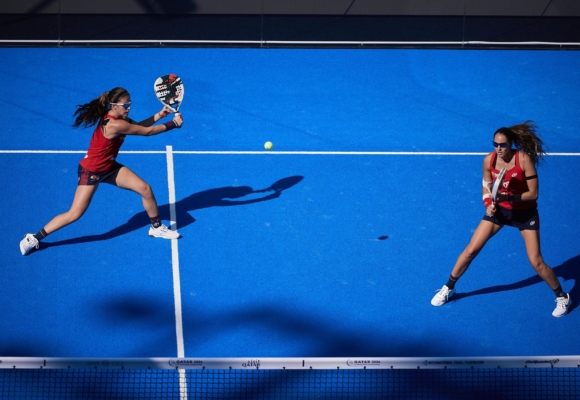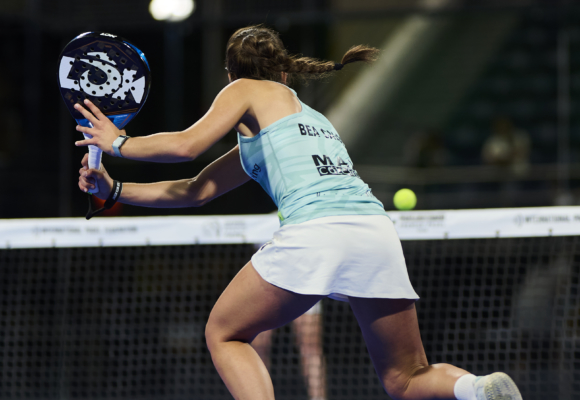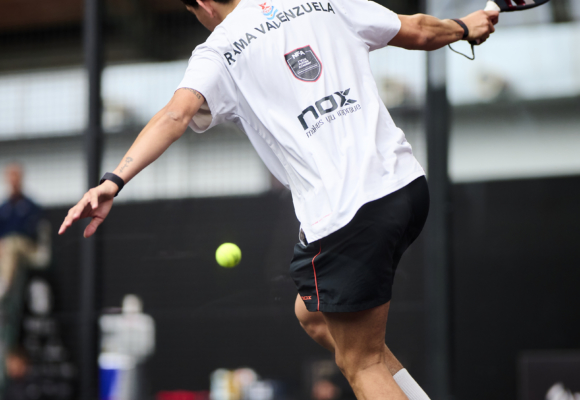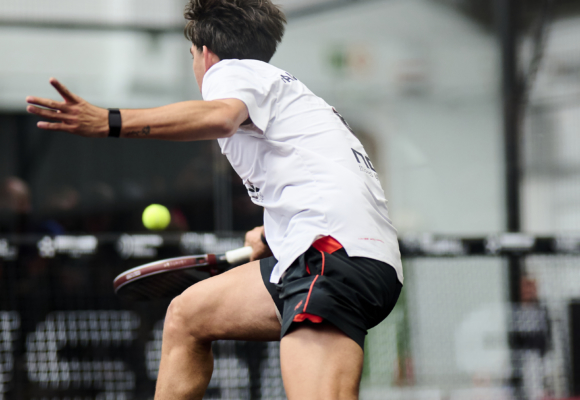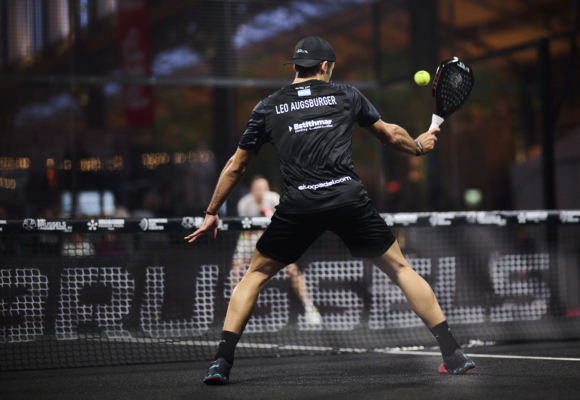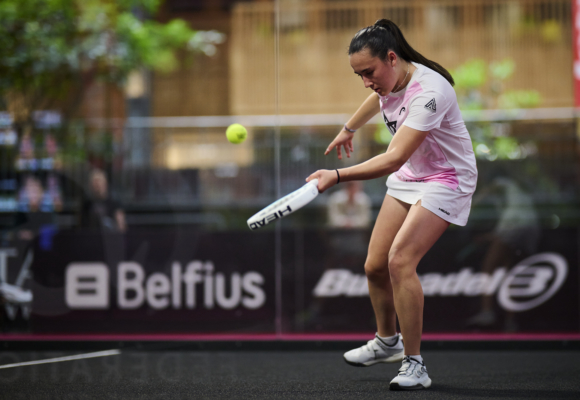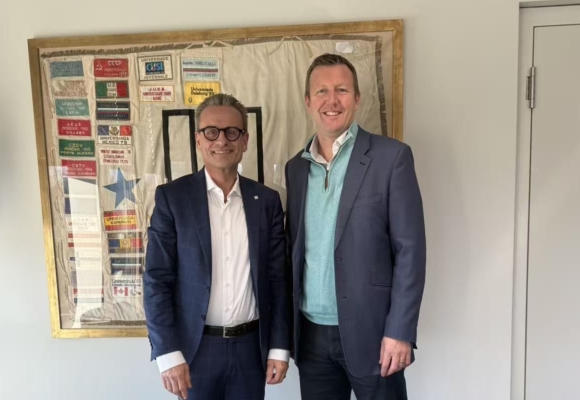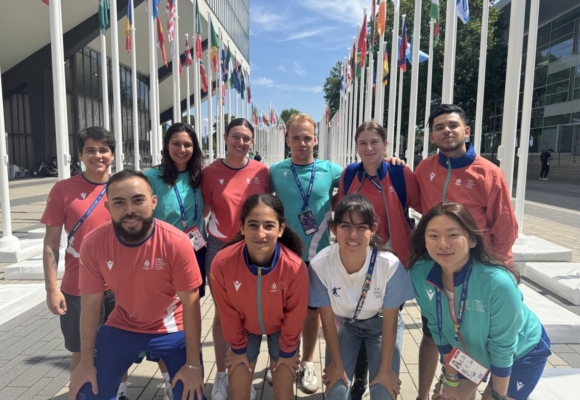It’s fun, it’s social, it’s easy to learn, it gets the heart rate up and it’s taking the world by storm… and now, it’s part of the FISU calendar as well! Yes, you guessed it – we’re talking about one of the fastest-growing sports in the world, padel!
Earlier this year, after thorough discussions with the International Padel Federation (FIP), FISU recognised padel as an official sport on its programme, before announcing the very first FISU Padel Championship, to be held in Malaga, Spain next year.
Six million Spaniards play padel
And it’s no co-incidence that the south-western European nation will be hosts of this historic maiden championship, with latest data from the FIP revealing that an astonishing six million people in the country – that’s 12.7% of the Spanish population – play padel!
Manuel Trujillo from the Padel Championship’s Organising Committee says the university cannot wait for next year’s tournament.
“At the University of Malaga, we are very proud to host the first edition of the World University Padel Championship for two reasons: first, to help bring to the FISU community a sport that is clearly expanding worldwide, and second, to revive the vision of the University of Malaga as an institution open to the world.”
Despite over a year to go until the start of the tournament, which will take place from 5-11 July, 2026, it’s all systems go as preparations for the event continue at pace.
“We have already confirmed the sports and accommodation facilities, as well as institutional support,” Manuel says. “The tournament will take place across two venues: the Teatinos University Sports Complex and the ‘Vallsport Consul’, with both facilities less than a kilometre apart. We’re expecting approximately 200 participants, divided into 32 female pairs and 32 male pairs, representing over 20 countries.”
One of the fastest growing sports
Alejandro Guerra, Head of FISU Championships and World Cups, says adding Padel to the FISU Championship programme was a no-brainer, with the sport aligning perfectly with FISU’s values and mission.
“Padel is one of the fastest-growing sports worldwide, and its inclusion in the FISU Championships programme reflects its rising popularity among university athletes,” Alejandro Guerra says. “In recent years, we’ve seen increasing interest from National University Sports Federations looking to integrate padel into their competitions as well as having the chance to compete internationally at university level.
“Padel aligns with FISU’s mission to offer diverse and dynamic sporting opportunities. It’s a very social sport and by adding it to our programme, we aim to support its global growth while providing student-athletes with new events aligning with their fast-evolving interests.”
Likewise, the International Padel Federation is thrilled to have joined forces with FISU in helping promote the popular sport which appeals directly to the university student age-group.
Padel action
The crucial role of university sport
“The International Padel Federation is extremely proud and honoured by this recognition from FISU,” says Donatella Del Gaudio, Director of Institutional Relations and Communication at FIP. “It is a significant milestone that reflects the incredible growth and global appeal of padel, particularly among the younger generation. University sports play a crucial role in shaping the future of international sports, and having Padel included in this ecosystem is a testament to the sport’s accessibility, inclusivity, and dynamic nature.
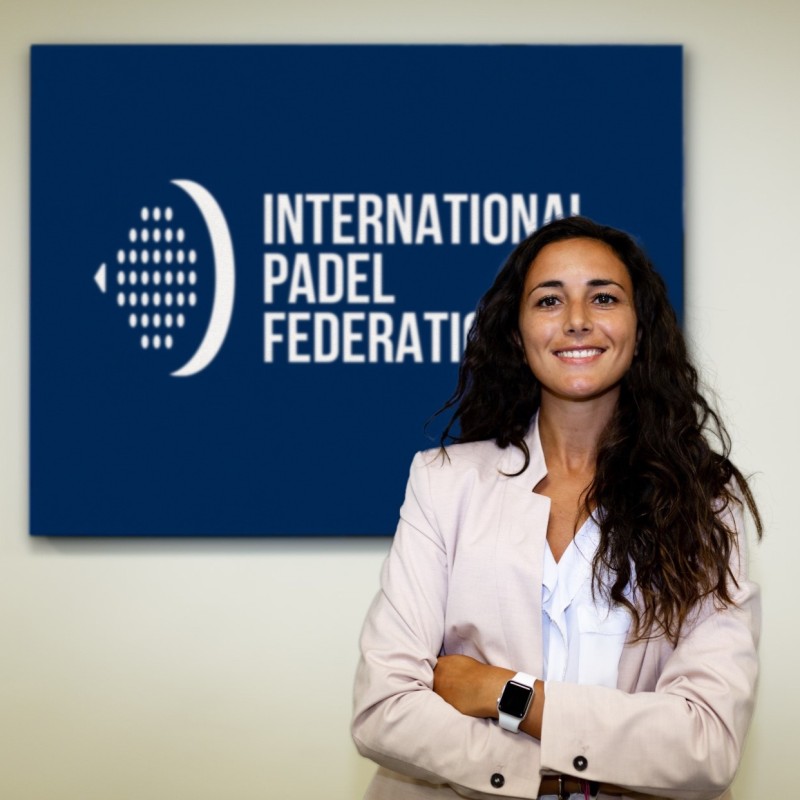
“The organisation of the first FISU Championship in Malaga next year will provide student-athletes with an exciting new platform to compete at an international level, further strengthening padel’s presence worldwide. Our partnership with FISU will further support our mission by integrating padel into university sports programmes globally, creating new pathways for young athletes to experience and engage with the sport.”
Donatella Del Gaudio believes that collaborations like the one with FISU will help realise FIP’s eventual goal of bringing padel to one of the biggest sporting events of them all.
“FIP’s ultimate goal is to establish padel as a truly global sport – accessible to all and represented at the highest levels of international competition,” she says. “We are focused on expanding the sport into new markets, developing both professional and grassroots structures, and fostering strong partnerships with key international sports bodies, such as FISU.
Sights sets on Brisbane 2032
“Our main ambition is to see padel become an Olympic sport and be part of the sport programme of the Olympic Games, with our sights set on Brisbane 2032. We are working closely with relevant stakeholders to make this vision a reality, ensuring that padel continues to grow and gain recognition on the world stage.”
At student level, next year’s Padel Championships in Malaga is another huge step in taking the sport forward, as highlighted by the Organising Committee.
“Apart from its immediate impact, including the improvement of facilities and venues, the development of a sustainable Championship and volunteer training, the legacy of the first FISU Padel Championship may very well help establish padel as a core sport within the FISU family,” says Manuel.
Some of padel's impressive scores
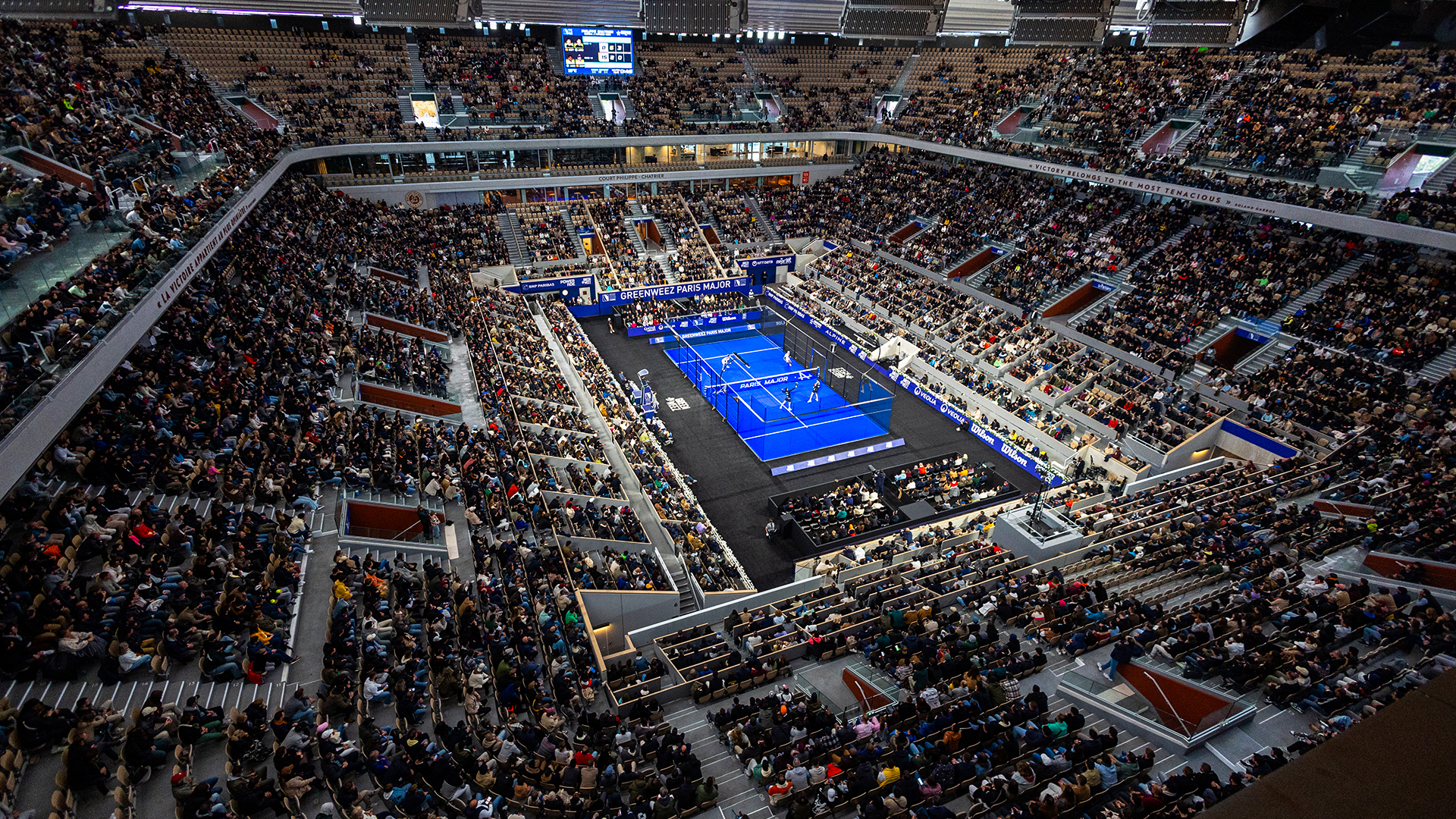
-
1969
-
Padel was invented in 1969 in Puerto de Acapulco, Mexico, by Enrique Corcuera, a tennis enthusiast who not have enough space to build a regular tennis court in his back garden, and therefore decided to make a smaller version.
130
-
Today, padel is played in 130 countries across the world, with 30 million amateur players, and 600 000 federated players.
19,800
-
A total of 19.800 padel clubs exist worldwide.
71
-
There are 71 national federations affiliated to the International Padel Federation.
40 %
-
40% of padel players across the globe are female.
59 %
-
59% of padel players worldwide play in Europe, followed by 23% in South America.
16,000
-
In terms of number of padel courts per country, Spain leads the way with 16,000 courts, followed by 9,050 in Italy and 7,000 in Argentina.
-
Statistics based on International Padel Federation’s 2024 World Padel Report.
Padel stars and excellent students
Many of the world’s top-ranked players combined padel with their studies, one of the most famous being Argentine Fernando Belasteguin, known as ‘The Boss’ for being ranked World Number 1 for 16 consecutive years, who studied Economics.
Current women’s World Number 1 Paula Josemaría of Spain holds a Bachelors degree in Biochemistry from the University of Extremadura, as well as a Masters degree in Education, specialising in Biology, from the University of Valladolid.
Former Women’s World Number 1 Marta Ortega received her nickname ‘Doctora’ after graduating in Medicine from the Complutense University of Madrid.

